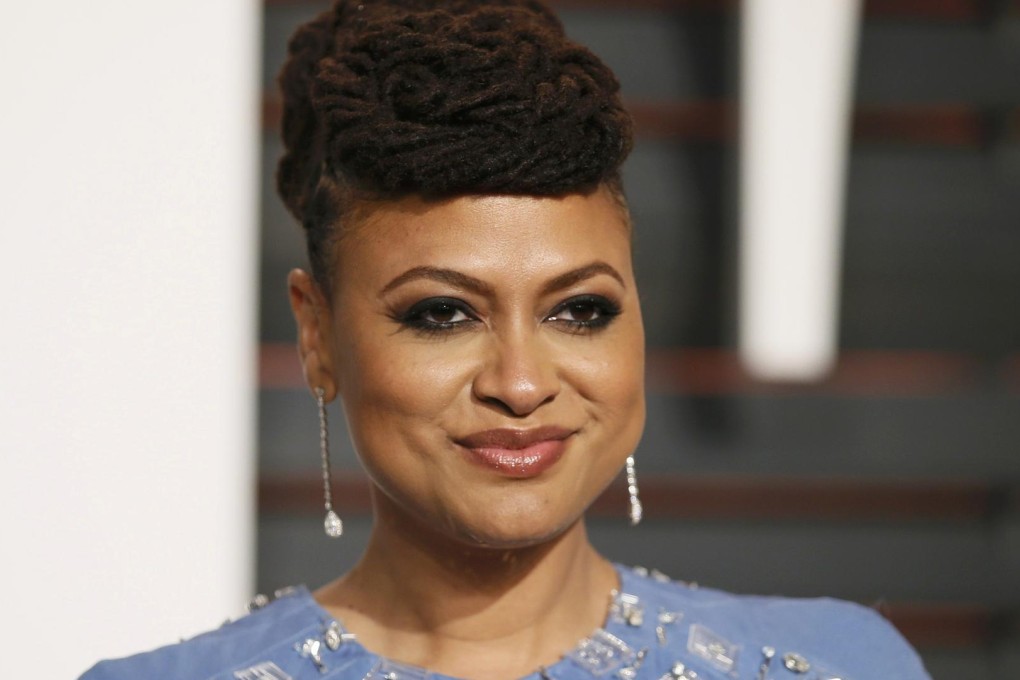Note to Hollywood: we've arrived, say black women filmmakers

Three black women released films in 2014, more than ever before in a single year. But that's three films out of the 373 released in the US.
"The ecosystem of filmmaking is problematic for women and people of colour," says Stacy Smith, director of the University of Southern California's Media, Diversity and Social Change Initiative.
More than 95 per cent of the directors of top-grossing films during the past decade have been male, she notes. Looking at the top 700 films over a recent seven-year period, almost 90 per cent were white.
So while there's been a lot of talk about the lack of diversity among this year's Oscar nominees, the larger issue may be the lack of diversity among those telling the stories on the big screen. Selma director Ava DuVernay, as a black woman, defied incredible odds with her film's best-picture bid. (The civil rights drama won best original song for Glory.) But was it an exception?
"The push for me is that it doesn't stay an anomaly," says Gina Prince-Bythewood, writer and director of Beyond the Lights, which also earned an Oscar nod this year for its original song, Grateful.
"The Oscars are not the problem," adds the filmmaker, whose credits include 2008's The Secret Life of Bees and her 2000 breakthrough, Love & Basketball. "It's more so Hollywood and the films that are being green-lit."